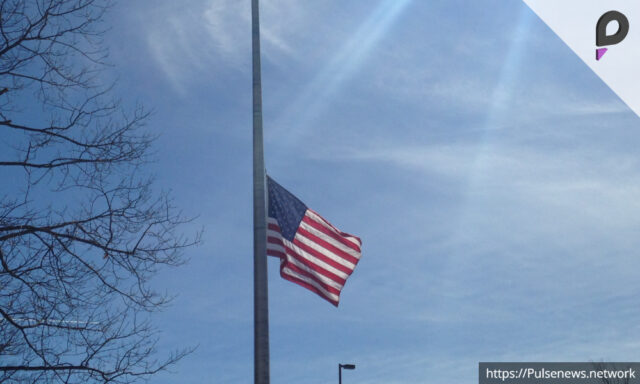WASHINGTON: President-elect Donald Trump expressed frustration over flags remaining at half-staff during his January 20 inauguration.
Flags were ordered to half-staff for 30 days following President Jimmy Carter’s death on December 29, per U.S. tradition.
President Joe Biden issued the directive to honor Carter, as is customary for deceased U.S. presidents.
The period of mourning will overlap with Trump’s swearing-in ceremony, sparking criticism from the president-elect.
Trump Voices Concerns on Social Media
Trump criticized the flag directive in a Truth Social post, accusing Democrats of celebrating the timing.
He suggested Democrats were pleased with the situation, claiming it reflected their lack of patriotism.
“The Democrats are thrilled about the flag being at half-mast during my inauguration,” Trump wrote.
Trump argued the arrangement was unprecedented and unnecessary for such a significant national event.
White House Stands Firm on Decision
White House spokesperson Karine Jean-Pierre confirmed there are no plans to change the half-staff directive.
She emphasized that the mourning period is part of standard protocol, regardless of political implications.
Trump is scheduled to attend Carter’s memorial service in Washington on January 9 ahead of his inauguration.
Critics say Trump’s remarks reflect misplaced priorities during a moment of national reflection.
A Historic Overlap of Events
Trump noted that this would be the first time flags were at half-staff during a presidential inauguration.
He claimed the decision undermines the celebratory atmosphere of a new president taking office.
However, analysts argue that the gesture honors Carter’s legacy without diminishing the importance of Trump’s inauguration.
The intersection of mourning and politics highlights the delicate balance of honoring past leaders while looking forward.
Mixed Reactions Across the Nation
Trump’s comments have drawn mixed responses, with supporters backing him and critics urging restraint.
The White House’s adherence to tradition underscores a commitment to bipartisan respect for former leaders.
As inauguration day approaches, the controversy is unlikely to deter standard mourning practices.
The moment serves as a reminder of how presidential transitions can occur against a backdrop of historical significance.











